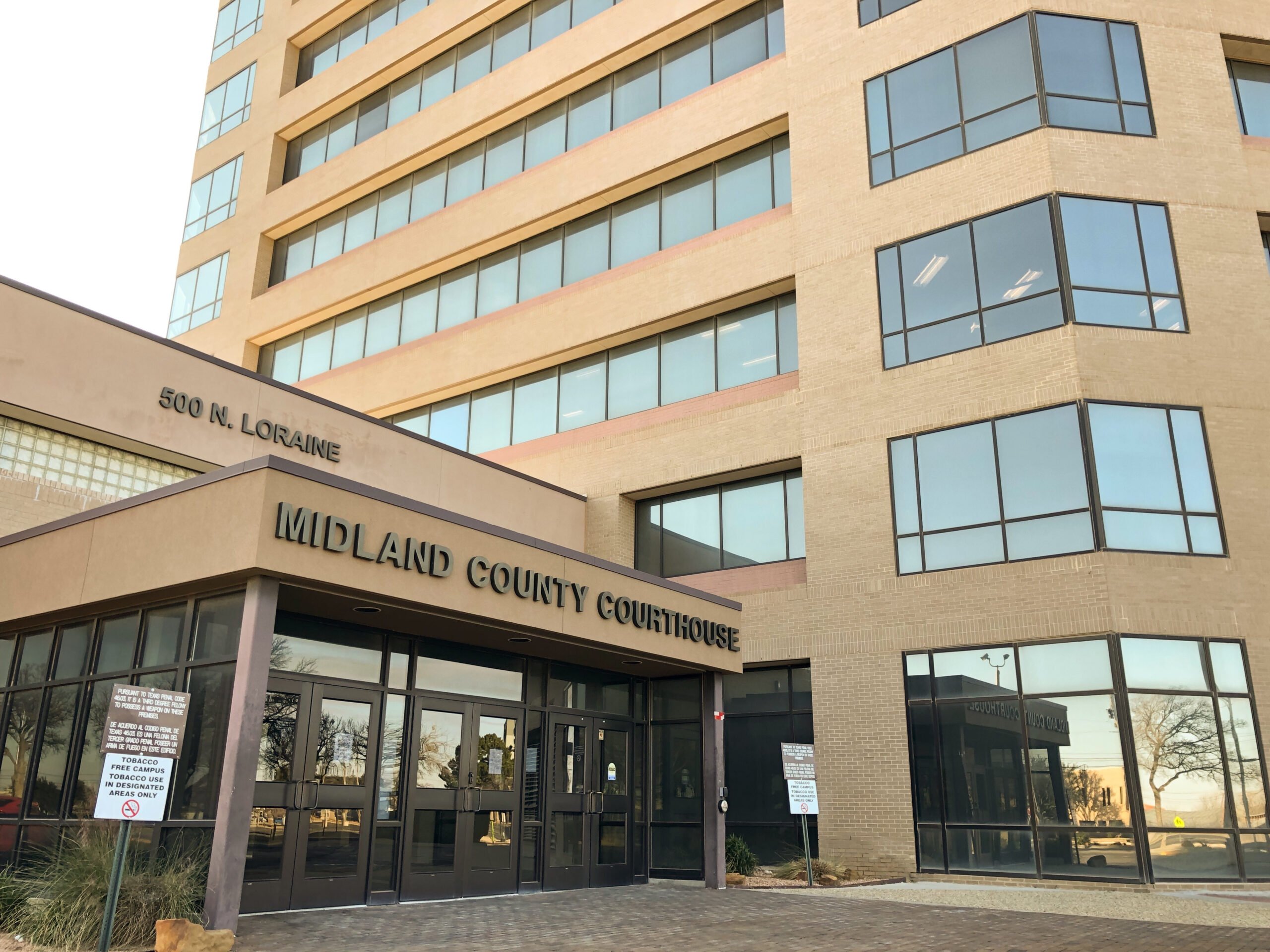Primaries: Cornyn Comes a Cropper – Again
Tea Party victories in Republican primaries have been a rebuke to Texas'
UPDATE: The results in New Hampshire’s Senate primary tightened as the night went on, so Cornyn’s losses to the Tea Party in Senate races might end up being “just” eight, rather than nine. Also, see my take on the national picture—along with five other “expert” views—on The New York Times’ Room for Debate blog today.
Suffice it to say that things aren’t turning out exactly the way John Cornyn planned.
Tuesday night’s Tea Party upsets over Republican establishment favorites in Delaware and New Hampshire completed a primary season in which a whopping nine of the candidates supported by Texas’ junior senator—who chairs the National Republican Senatorial Committee—got bumped off.
I don’t know if anybody’s been keeping records, but it’s hard to remember a primary season quite as bloody as this one—especially on the Republican side. The normally tidy, on-message party is starting to squabble like Real Housewives of New Jersey. And Cornyn, by virtue of his position as NRSC chairman, has become the symbol of the Republican establishment that the Tea Party’s white, well-off renegades are hell-bent on toppling.
Back in the spring of 2009, when Cornyn was getting to work on the 2010 mid-terms as head of the Republicans’ effort to retake the U.S. Senate, he told Carl Leubsdorf at The Dallas Morning News what he had in mind for the campaign.
“We have to find those candidates who can run as Republicans,” Cornyn said, “who fit their states in the Northeast … and elsewhere, who can win as Republicans there. I need to constantly remind some of my very conservative friends who want to sort of purify the party – and, in so doing, cast us in a permanent minority status – that Ronald Reagan said the person who votes with me 80 percent of the time is my friend and ally, not a 20 percent traitor,” Cornyn told The DMN.
So much for that. Cornyn was speaking just a month after the initial burst of Tea Party rallies on April 15, 2009. He couldn’t have known—nobody did—that those rallies would turn into an insurgent movement of his party’s right wing. Or that right-wing “purity” would become the rallying cry of the 2010 primaries.
Since it became clear that the Tea Party had legs, Cornyn has made some attempts to reach out and express solidarity. But he did not have Rick Perry’s fortuitous timing. The governor got on the Tea Party express right as it left the station, and thus gained credibility with many in the movement. Cornyn seemed at first to take them for granted.
Cornyn has taken no shortage of flak for backing “electable” candidates in GOP primaries. Some said he shouldn’t be involved at all, especially considering that he’d have to raise money for whichever Senate candidates emerged from the primaries. But beginning with his endorsement of Florida Gov. Charlie Crist for Senate, 15 months before that state’s Republican primary battle against Tea Party darling Marco Rubio (a battle Crist disdained, to run as an independent), Cornyn has flustered right-wingers in an unrepentant way. He’s hardly become a Nancy Pelosi-sized target for the Tea Party. But Cornyn’s blandly handsome visage has, in many ways, become the face of establishment Republicanism.
Earlier this month, Tea Party groups protested at Cornyn’s Texas headquarters after he’d been accused of “meddling” in favor of Alaska Sen. Lisa Murkowski, another Cornyn pick who lost narrowly to a Tea Party challenger. Cornyn made no bones about his preferences in Delaware: In recent days, he called O’Donnell’s chances of winning “a serious issue.” Cornyn wouldn’t even pledge to back Tea Party favorite Christine O’Donnell with NRSC money if she won the party’s nomination in Delaware, saying he’d “have to have a little powwow” with his fellow Republican leaders to discuss it—if the worst happened and O’Donnell somehow won. “I think it would be a shame to nominate someone who could not win that seat,” Cornyn said—on election day, no less.
O’Donnell somehow won. And with a second “establishment” pick losing the Senate primary in New Hampshire, the last primary night of 2010 was another weird one for Cornyn.
In the long run, there’s still a chance that Cornyn’s vision of a more “electable” GOP will be the end result of 2010—but only in the most indirect sort of way. If the prominent Tea Party candidates—Rand Paul in Kentucky, Sharron Angle in Nevada, Marco Rubio in Florida, and now O’Donnell in Delaware—get wiped out in November, mainstream Republicans will not treat Tea Party candidates kindly in 2012. The Tea Partiers could end up being blamed for Republicans’ losing their chance at a majority in the Senate.
And Cornyn would then be proved right—the hard way. The GOP might react by taking a more “electable” tack in 2012 and beyond. Cornyn, among other party leaders, recognizes that the party will eventually have to make serious inroads with Hispanic voters to stay competitive with Democrats long-term. But now he’s in a squirmy position: If his party wins a landslide in November, with the Tea Partiers turning out in big numbers and electing their own, Cornyn gets the praise and perks that come with leading a successful Capitol Hill takeover. If his party loses, his vision for the Republicans’ future might again be viable. But Cornyn will be blamable for the loss, just as much as the Tea Partiers.
The likely outcome: Republicans will make sizable gains in November—but they won’t clear the decks. The Tea Party candidates will have mixed results. They won’t all win, they won’t all lose. And the fight for the soul of the GOP will rage on into the presidential primaries.


